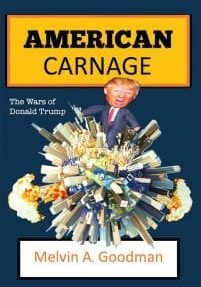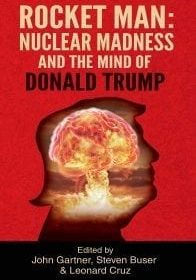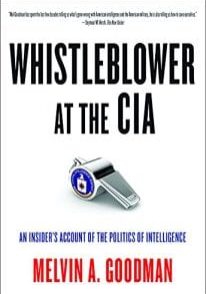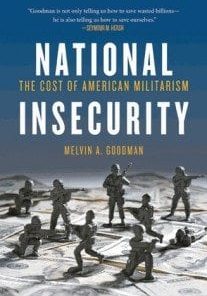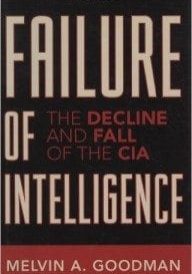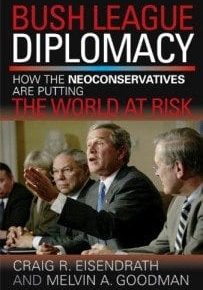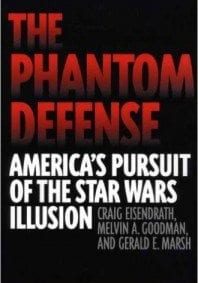Latest Release
Containing the National Security State represents more than 100 editorials that assess the militarization of U.S. governance and U.S. foreign policy.
Latest News
Iran and the US Say Enough, Will Israel Go Along?
The emphasis now should be on a cease fire in Gaza; release of the hostages; a surge of humanitarian assistance to Gaza; and talks with Iran that could lead to diplomatic recognition.
Spies and Their Lies: the Trials and Tribulations at Guantanamo
U.S. prosecutors have asked the Court of Military Commissions to reinstate the confessions, and the rest of this year will be taken up with this issue at the U.S. Court of Appeals for the District of Columbia. The new judge, Colonel Matthew Fitzgerald, is the fourth to preside in this case, and he was still in law school when the U.S.S. Cole was attacked and 9/11 took place.
Meet the Newest Apologist for Israel: Rear Admiral John Kirby
Tuesday’s press conference highlighted the worst of the administration’s predictable defenses and apologies for Israel’s illegal and immoral military campaign against Palestinian civilians. Once again, the worst of Kirby’s remarks were not referenced in the Washington Post and received an anodyne one-sentence summary in the New York Times. I believe it is important to understand the meaning and implications of Kirby’s callous and callow remarks.
Washington Post Believes U.S. & Israel “Can Get Back on the Same Page”
President Biden seems to believe that the recent U.S. abstention on the cease-fire resolution at the United Nations Security Council and the feckless warnings about avoiding a humanitarian nightmare in southern Gaza allow his administration to pose as an “honest broker” between Israelis and Palestinians. The United States has never been a genuine “honest broker.”




